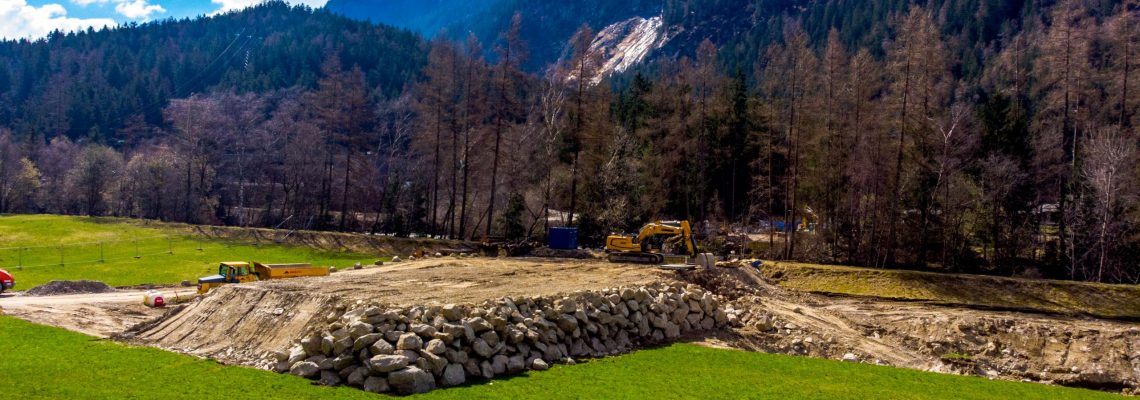Or: Why is the Ötztaler Ache worth protecting at all – Part 2
Study results clearly show that we are in a biodiversity crisis: Biodiversity, or the biological diversity of life on earth, is being lost at an alarming rate.
Populations of mammals, birds, fish, amphibians and reptiles have experienced an alarming average decline of 68% since 1970, while the average decline in freshwater species is as high as 84%. Healthy rivers, lakes and wetlands are of great benefit to people all over the world – for agriculture, industry, drinking water, as well as for diverse flora and fauna: they are home to about 1 in 10 known animals. However, the biodiversity of freshwater populations is declining much faster than anywhere else. Freshwater species suffer from the progressive destruction of habitats through pollution and changes in river flows and lakes, as well as the alarming expansion of hydropower worldwide. Already today, 1 in 3 freshwater species are threatened with extinction.
Also for Austria, the future looks grim: A new study by the University of Natural Resources and Applied Life Sciences (BOKU) confirms the drastic loss of habitats for endangered species in Austria’s rivers. Due to years of undesirable developments, rivers can only flow freely without obstacles in 17 percent of the entire watercourse network, less than 15 percent are in a very good ecological condition, and only one percent are accompanied by ecologically important intact floodplains. Around 60 percent of native fish species are now considered endangered. According to the BOKU study, the refuges for endangered species are inadequately protected or not protected at all from further development. The massive expansion of hydropower is mentioned as one of the main factors for the heavy strain on nature in Austria: Rivers are over-regulated and obstructed, mainly due to the more than 5,200 hydropower plants in Austria. Nevertheless, even hundreds of new power plants are planned, often in ecologically sensitive areas, and new subsidised power plants are planned even in the vicinity of protected areas. The WWF denounces the fact that every year millions of Euros are spent on the construction of inefficient power plants at unfavourable locations.
In an open letter more than 60 scientists, experts in water ecology and biodiversity at several Austrian institutes, therefore called for a differentiated assessment of hydropower in the context of decarbonisation. The scientists make it clear that further expansion of hydropower that is not coordinated with ecological objectives is contrary to the principle of sustainable development and will lead to potential aggravation of the biodiversity crisis in rivers and to a further deterioration of the ecological status. They demand that major ecological damage combined with low energy yield – often a characteristic of small hydropower plants in particular – must be prevented in future.
What does this have to do with the Ötztaler Ache again, you are asking?
The Ötztaler Ache is the largest river in Tyrol that is still flowing freely, it is ecologically continuous and therefore the only tragic exception in TIWAG country Tyrol. The Achstürze section affected by the Tumpen-Habichen power station is classified as ’sensitive‘, ‚unique‘ and ‚worthy of protection‘. We are in the middle of a mass extinction that has the worst impact on freshwater populations. Scientists point to a connection between the further expansion of hydropower and the biodiversity crisis, and call in particular for an end to the construction of small hydropower plants.
Nevertheless, 7 diversions are planned along the Ötztaler Ache and a run-of-river power plant – which, to make matters worse, was deliberately planned with a smaller capacity than would potentially be available – to avoid an environmental impact assessment.
Hydropower versus biodiversity – open letter from more than 60 scientists (German only)
Living Planet Report / Freshwater
Living Planet Report / Freshwater Deepdive (pdf)
WWF calls for rescue plan: New BOKU study shows quiet dying in Austrian rivers (German only)

